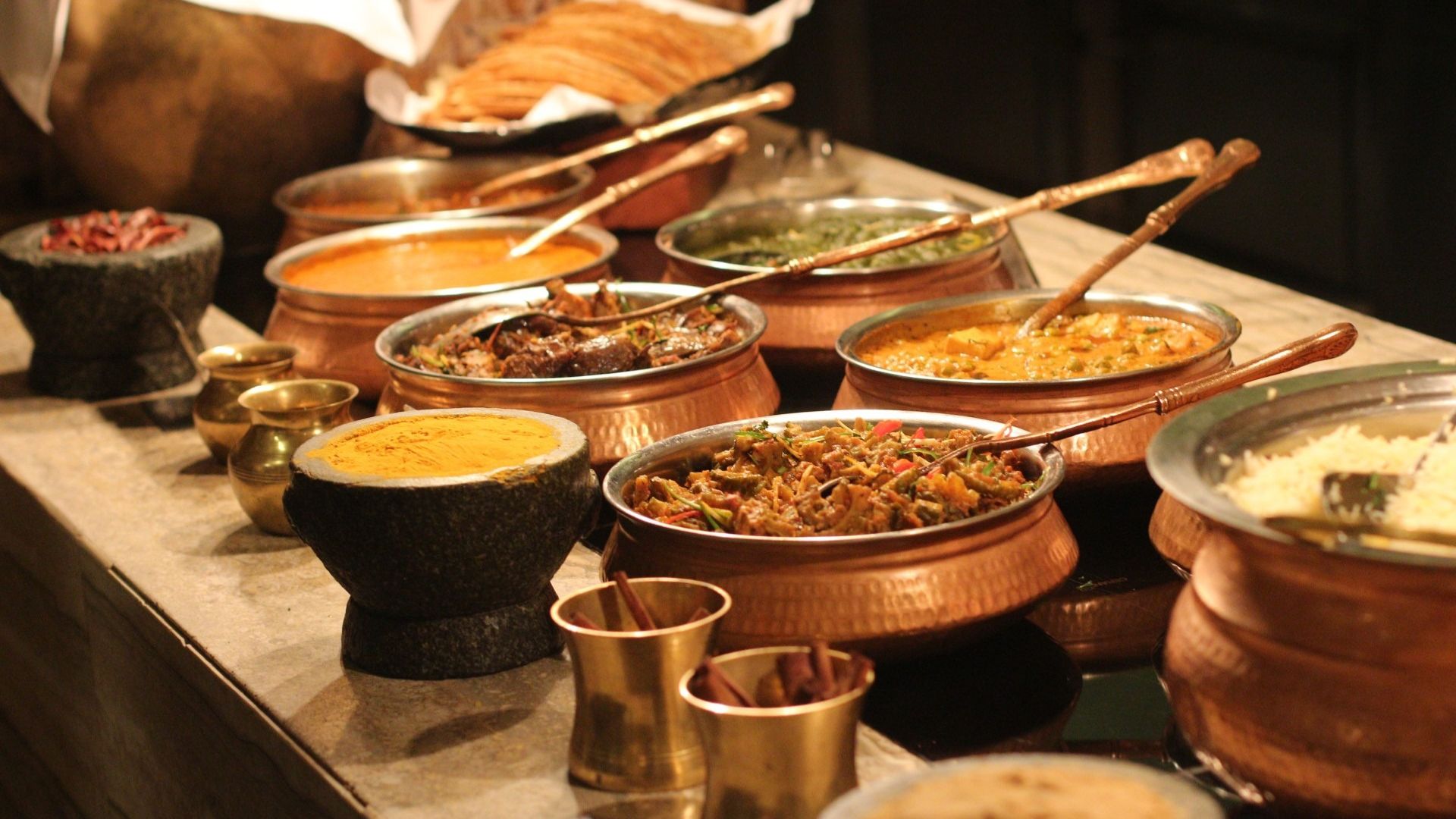Leading the Way in Sustainable Dining at The Old Mill Restaurant
As the world grows more conscious of its environmental impact, sustainability has become an essential aspect of many industries, including the restaurant world. At The Old Mill Restaurant in Pigeon Forge, Tennessee, we recognize the importance of contributing to a greener future while continuing to provide our guests with a remarkable dining experience. Sustainability isn’t just a buzzword for us—it’s embedded in every aspect of our operations, from sourcing ingredients to reducing waste and supporting local initiatives. In this blog post, we’ll highlight the eco-friendly practices that define our restaurant and explore how The Old Mill is doing its part to create a more sustainable dining experience.
By choosing The Old Mill Restaurant, you’re not only enjoying a delicious, authentic Southern meal but also supporting a restaurant that is committed to reducing its environmental footprint. From the moment you step through our doors, you’ll experience the fruits of our eco-conscious efforts that span from sourcing fresh, local ingredients to our dedication to sustainable food preparation. Let’s dive into the sustainable practices that set us apart as a green restaurant in Pigeon Forge.
1. Sourcing Local and Sustainable Ingredients – Fresh, Seasonal, and Eco-Conscious
At The Old Mill Restaurant, we understand that the first step toward creating an environmentally friendly dining experience begins with the ingredients we use. By prioritizing local sourcing, we ensure that our dishes are not only fresh but also support the regional economy and reduce the carbon footprint associated with long-distance food transportation.
- Supporting Local Farmers and Producers: We take pride in working closely with nearby farmers and local food producers in the Great Smoky Mountains region to source the best seasonal ingredients. This not only ensures that our guests receive the freshest flavors but also helps reduce the environmental cost associated with mass food production and distribution.
- Seasonal Menus: By embracing seasonal ingredients, we’re able to offer a menu that evolves with the seasons, ensuring we’re using the freshest produce available and minimizing food waste. For instance, during the fall, we incorporate locally grown pumpkins, squash, and root vegetables into our dishes, while in the summer, we make use of fresh tomatoes, herbs, and berries.
- Sustainable Seafood and Meat: Our commitment to sustainability extends to the meats and seafood we serve. We source grass-fed beef and free-range chicken from farms that emphasize animal welfare and sustainable practices. When it comes to seafood, we prioritize sustainable fisheries that are certified by reputable organizations like the Marine Stewardship Council (MSC), ensuring that our offerings do not contribute to overfishing.
By focusing on local, seasonal, and responsibly sourced ingredients, we can ensure that every meal we serve is both delicious and sustainable.
2. Reducing Food Waste – Commitment to Minimizing Environmental Impact
As part of our ongoing efforts to reduce our environmental footprint, The Old Mill Restaurant implements several strategies to minimize food waste and make the most of every ingredient that comes through our kitchen.
- Efficient Portion Control: We strive to serve balanced portions to reduce food waste while still satisfying our guests. Our culinary team works diligently to ensure that every dish is perfectly sized to minimize the amount of uneaten food left behind.
- Composting and Waste Diversion: In collaboration with local composting programs, we divert food scraps and organic waste away from landfills. Our kitchen regularly composts vegetable peels, coffee grounds, and other organic materials that are used to enrich the soil of nearby farms, creating a circular system that benefits both the environment and the local agricultural community.
- Repurposing Ingredients: We’re committed to repurposing food that might otherwise go to waste. For example, vegetable scraps are often used in stocks and broths, while day-old bread is transformed into croutons or bread pudding. These efforts help reduce our waste and make sure that every ingredient is put to good use.
Through careful planning and creative thinking, we significantly reduce our food waste while providing our guests with the highest quality dishes.
3. Eco-Friendly Packaging – A Sustainable Dining Experience
At The Old Mill Restaurant, we understand the impact that single-use packaging can have on the environment. That’s why we’ve taken several steps to ensure that we use eco-friendly alternatives that reduce waste and support sustainable practices.
- Compostable and Biodegradable Packaging: For takeout and to-go orders, we use compostable containers and biodegradable packaging made from materials like cornstarch, sugarcane pulp, and recycled paper. These eco-friendly options break down naturally and don’t contribute to long-lasting landfill waste like traditional plastic containers.
- Reusable Utensils and Napkins: Whenever possible, we opt for reusable or eco-friendly utensils, straws, and napkins. Instead of using plastic cutlery, we provide wooden utensils and paper straws, which are more environmentally friendly and help reduce our reliance on single-use plastics.
- Encouraging Guests to Bring Their Own Containers: We also encourage guests who are dining in or taking out food to bring their own reusable containers, reducing the need for disposable packaging altogether. This simple step can make a significant difference in the amount of waste generated each day.
By prioritizing sustainable packaging options, The Old Mill Restaurant is committed to reducing its environmental footprint and providing a greener dining experience for our customers.
4. Energy Efficiency – Reducing Our Carbon Footprint
Sustainability isn’t just about the food we serve and the packaging we use—it’s also about how we operate on a daily basis. At The Old Mill Restaurant, we actively work to reduce our energy consumption and lower our carbon footprint by implementing energy-efficient practices throughout our operations.
- Energy-Efficient Appliances: We have invested in energy-efficient kitchen equipment and appliances that use less power without compromising on performance. From energy-efficient ovens to LED lighting, we strive to minimize our electricity usage while still providing the high-quality service and food our guests expect.
- Temperature Control: We also use smart thermostats to optimize the temperature in our dining and kitchen areas. By maintaining consistent, comfortable temperatures while minimizing energy waste, we ensure that our restaurant runs efficiently and sustainably.
- Solar Power: As part of our long-term sustainability goals, The Old Mill Restaurant is exploring the possibility of incorporating solar power into our energy mix. By harnessing the power of the sun, we aim to further reduce our reliance on fossil fuels and decrease our carbon emissions.
These energy-saving initiatives help us reduce our environmental impact and operate more efficiently, while still delivering the top-tier service our guests expect.
5. Supporting Local Community and Sustainability Initiatives
At The Old Mill Restaurant, we believe that sustainability extends beyond our operations. We are deeply committed to supporting the local community and contributing to initiatives that benefit the environment and the people of Pigeon Forge.
- Collaborating with Local Nonprofits: We partner with local nonprofit organizations and community groups that focus on sustainability and environmental education. Whether through donations, sponsorships, or volunteer efforts, we aim to give back to the community and encourage a shared commitment to sustainability.
- Participating in Local Farmers Markets: In addition to sourcing ingredients from local farms, we also participate in the Pigeon Forge Farmers Market where we promote sustainable agriculture and connect with other businesses that prioritize eco-friendly practices.
- Promoting Sustainable Tourism: As a prominent restaurant in the Great Smoky Mountains area, we understand the impact that tourism can have on the environment. We work with local organizations to promote sustainable tourism practices and encourage visitors to explore the region responsibly.
By engaging with the local community and supporting sustainable initiatives, we help foster a culture of environmental stewardship in Pigeon Forge and beyond.
6. The Future of Sustainability at The Old Mill Restaurant
While we’ve made great strides in implementing sustainable practices at The Old Mill Restaurant, we’re constantly striving to do more. Our future sustainability goals include:
- Zero-Waste Initiatives: We’re working toward becoming a zero-waste restaurant by further reducing our food and packaging waste and increasing our recycling efforts.
- Sustainable Menu Innovations: We plan to continue innovating our menu to include even more plant-based options, further reducing our environmental impact while offering guests more sustainable dining choices.
- Carbon Offset Programs: In the future, we plan to invest in carbon offset programs to neutralize our carbon emissions and contribute to global efforts to combat climate change.
At The Old Mill Restaurant, sustainability is a journey, and we’re committed to constantly improving our practices and finding new ways to minimize our environmental impact.
Dining Sustainably at The Old Mill Restaurant
When you choose to dine at The Old Mill Restaurant in Pigeon Forge, you’re choosing more than just great food—you’re supporting a restaurant that is dedicated to sustainability and environmental responsibility. From sourcing local, seasonal ingredients to using eco-friendly packaging, we’re committed to creating a dining experience that’s not only delicious but also kind to the planet. We invite you to join us in this journey toward a greener future and enjoy a meal that not only satisfies your taste buds but also supports eco-conscious practices.
Visit The Old Mill Restaurant today and experience the best of Southern cuisine with a commitment to sustainability that you can feel good about. Together, we can make a difference, one eco-friendly meal at a time.


